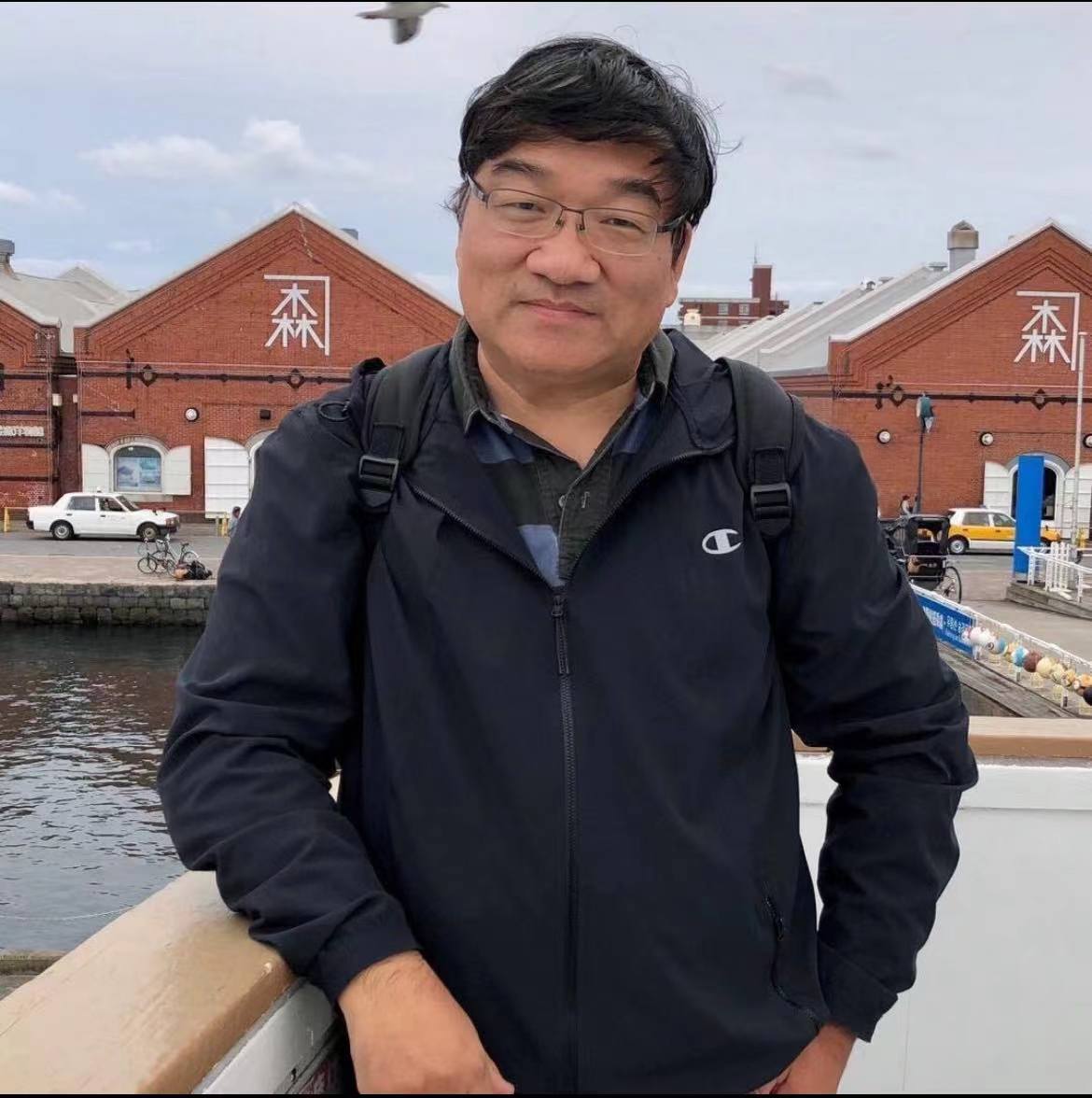21/04/2023 (Friday) 13:00-14:00 E21B-G035
Communication revolution and media ecology under the wave of ChatGPT
Abstract:
An era of intelligent connectivity has begun with ChatGPT. It has led to an ecological-level change in the field of communication and another major empowerment of people. Everyone can now participate in social content creation and communication discourse with a semantic expression and resource mobilization ability above the social mean due to the continued “sinking” of communication power. People’s dependence and faith in professional experience will be replaced by more precise, thorough, dependable, and structured sophisticated algorithms as the fundamental logic of communication becomes more “algorithmic”. The media industry is shifting from a labor-intensive industry to a technology-intensive and capital-intensive industry.
The mainstream media will undergo a new role shift in the era of ChatGPT and should evolve into a “four ounces can move a thousand pounds” sort of value leader, further redefining its purpose and assuming a new position.
The comprehensive intelligence of society and communication is a profound revolution. The process of full intelligence is not a technological process on the original structure, but a structural change of feathering into a butterfly.
Bio:
Prof. Yu Guoming is the Changjiang Scholar and member of the sub-committee of Journalism and Communication Studies of the 7th Academic Degrees Committee of the State Council.
He is director of the academic committee of the School of Journalism and Communication of Beijing Normal University, vice-Chair of the Beijing Association of Social Sciences, and Chair of the Committee for Media Economics and Management, the Chinese Association for History of Journalism and Mass Communication. He is the editor-in-chief of the Report on Development of China’s Media Industry (Blue Book), the Annual Report on Public Opinion in China (Blue Book), and the Annual Report on Internet Marketing in China(Blue Book). He is the leader of empirical research in communication studies, the founder of media economics, and one of the pioneers of cognitive neuroscience and communication in China. He has authored/co-authored 40 monographs, textbooks and bluebooks and has published more than 900 journal articles. He is the most frequently cited scholar in journalism and communication studies in China.


